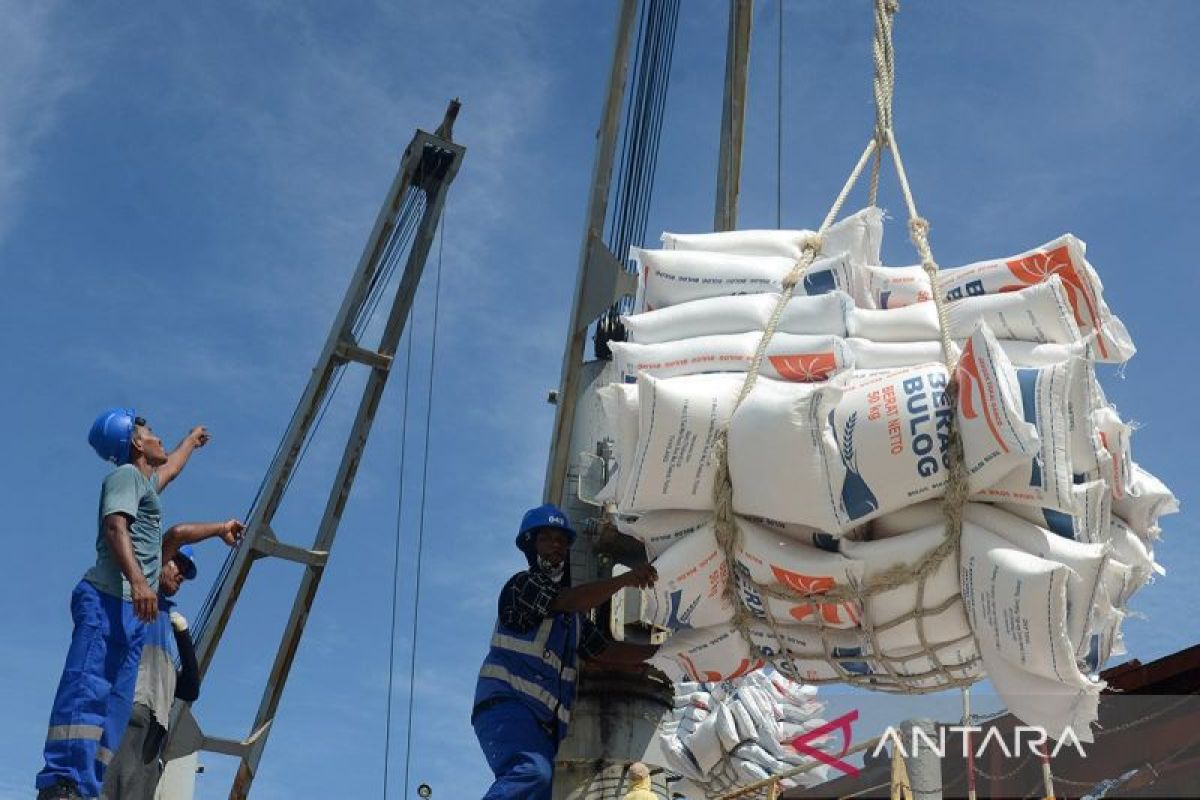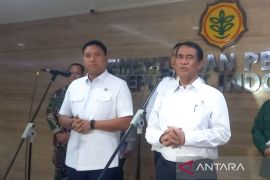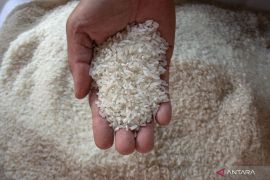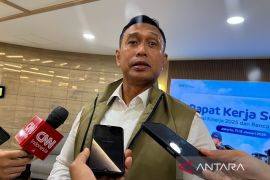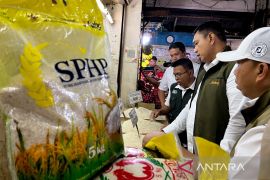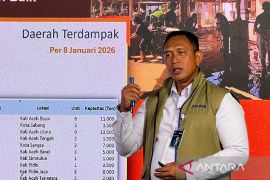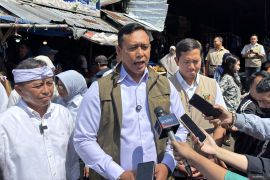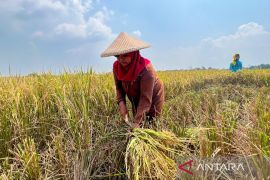During a media discussion on Friday, Bulog CEO Bayu Krisnamurthi revealed that his company has sent a technical team, conducted an intensive study, and held discussions with relevant stakeholders in Cambodia.
The stakeholders include Cambodian businesses and neighboring countries that have established business cooperation with Cambodia.
Krisnamurthi said there are several factors that Bulog will need to consider before making a final decision about acquiring rice firms in Cambodia.
First, Cambodia's rice production capacity is still relatively small compared to other rice producers, such as Thailand and Vietnam. The second issue is the limited infrastructure to support the rice production process.
"Some infrastructure is planned to be built, but currently, there is none, including ports, roads, and electricity—even though these are very important for the rice business," he explained.
In addition, Cambodia has close relations with Vietnam, especially in the agricultural sector.
Vietnam's involvement in agribusiness activities in Cambodia means that Bulog will face tough competition if it enters the market. Vietnam is also an important rice supplier for Indonesia.
"So, we are still considering it. Additionally, we have not determined the investment figure; we will continue to explore various possibilities," Krisnamurthi said.
President Joko Widodo has ordered Bulog to acquire several rice producers in Cambodia, stating that this would help support national food security and ensure sufficient rice stocks.
Data from Statistics Indonesia shows that national rice production fell by 1.39 percent to 31.10 million tons in 2023 from 31.54 million tons in 2022.
Rice production in Indonesia has fluctuated due to several factors, such as the climate crisis, declining agricultural land and soil conditions, and irrigation issues.
This caused rice production to shrink by 17.54 percent from January to April, compared to 22.55 million tons during the same period last year.
Rice consumption per capita in Indonesia is relatively high compared to other countries. Additionally, rapid population growth has fueled a continued increase in demand for rice.
To overcome the gap between production and consumption, rice imports are being carried out to ensure there is no shortage that could trigger a drastic increase in rice prices.
This year, Bulog was granted approval to import 3.6 million tons of rice.
Related news: Gov't optimistic of Indonesia soon achieving rice self-sufficiency
Related news: Indonesia's Jan-May rice import reaches 2.2 million tons
Translator: Shofi Ayudiana, Yashinta Difa
Editor: Anton Santoso
Copyright © ANTARA 2024
